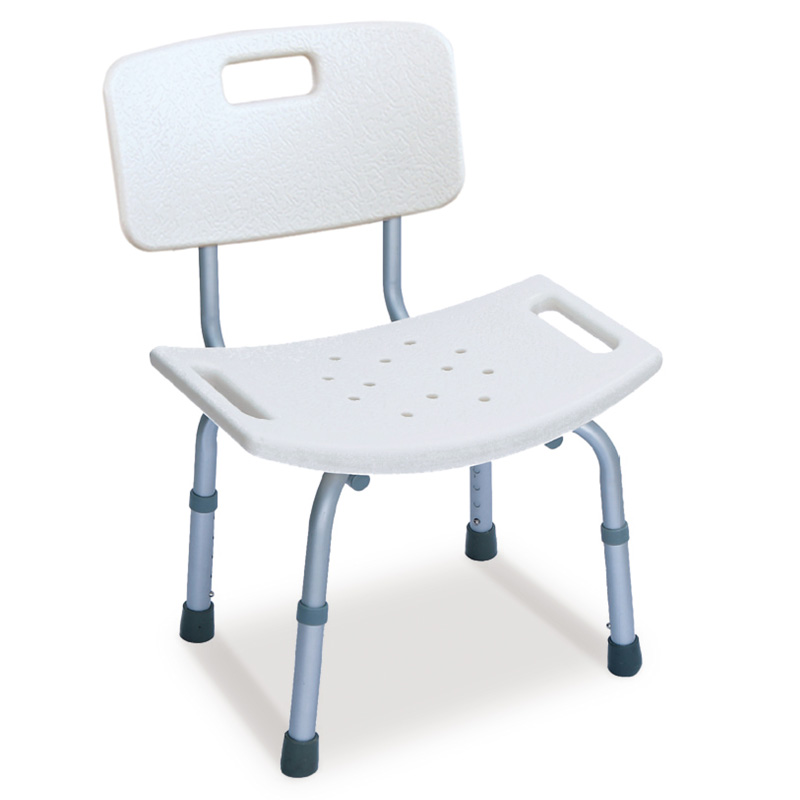World Allergy Day is celebrated on 8 July every year
2024-07-09 04:57
This special day aims to raise global public awareness of allergic diseases and enhance the prevention and management of such diseases. Let's pay attention to allergic diseases together and work for a healthier world.
World Allergy Day is celebrated on 8 July every year
An epidemiological survey of allergic diseases in 30 countries by the World Organisation of Allergy showed that 22% of the total population of these countries suffered from allergic diseases. The World Health Organisation estimates that there are 150 million asthma sufferers globally and the trend is increasing year by year, with 50% of adults and at least 80% of children triggered by allergic factors such as pollen.
To raise awareness and reduce the incidence of allergic diseases, a number of hospitals and organisations will carry out related activities during World Allergy Day, such as free clinics, popular science talks and allergen testing. Meanwhile, people can also prevent allergic diseases by maintaining a healthy lifestyle and avoiding contact with allergens.
Here are some ways that can effectively prevent allergic diseases:
Strengthen exercise to enhance physical fitness:
Appropriate exercise can improve the body's immunity, such as at least 150 minutes of moderate-intensity aerobic exercise per week, like brisk walking, swimming and cycling. For example, jogging for 30 minutes a day can boost the body's metabolism, enhance cardiorespiratory fitness, and make the immune system more effective in dealing with allergens.
Maintain good living habits:
Regularise your routine and get enough sleep. 7 - 9 hours of quality sleep every night will help your body recover and your immune system stabilise.
Reduce stress. Prolonged state of high stress may affect the immune system, and you can relax your body and mind through meditation and yoga.
Pay attention to your diet:
Eat a balanced diet rich in vitamins, minerals and proteins, such as fresh vegetables, fruits, whole grains, lean meat and fish.
Avoid known allergens, e.g. if you are allergic to seafood, you should reduce or avoid shrimps and crabs.
Keeping the environment clean:
Clean your room regularly to remove dust, mites and mould. For example, change bedding weekly and wash it in hot water to kill mites.
Control indoor humidity to avoid mould growth.
Avoid contact with allergens:
People who are allergic to pollen should reduce going out during pollen season and wear masks and glasses when going out.
For people allergic to pet hair, avoid pets or reduce contact with them.
Pay attention to personal hygiene:
Wash your hands frequently, especially after contact with public objects, and avoid rubbing your eyes and picking your nose with your hands.
Pay attention to climate change:
When there is a sudden change in temperature, increase or decrease clothing in time to prevent colds and respiratory infections, so as to avoid triggering allergic diseases.
Managing emotions:
Chronic mental stress and anxiety may affect the immune system. Learn to relax, e.g. relieve stress through meditation and listening to music.
In conclusion, prevention of allergic diseases requires a multi-faceted approach. Adopting good living habits and paying attention to the details of life can effectively reduce the risk of morbidity.
Get the latest price? We will reply as soon as possible (within 12 hours)












